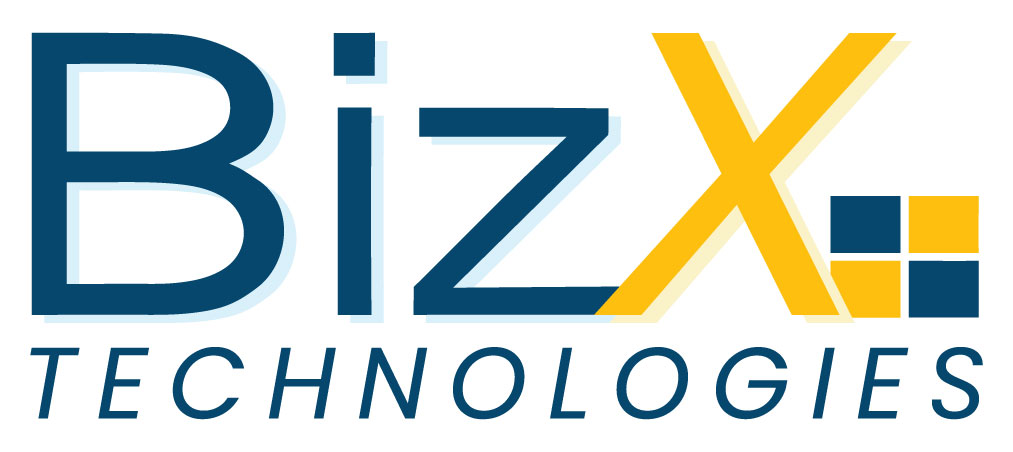Long-Term Impact & Actions of HR
Future of Work Trends Post-Covid-19
What are the long-term implications of the coronavirus pandemic on the HR function and work?

Remote Work
What’s happening?
Nearly half of employees will work remotely at least some of the time.

HR Actions
- Critical skills and competencies: Identify new skills that enable effective remote work, including greater digital dexterity.
- Current and future leadership: Adapt management styles to fit remote team needs.
- Employee experience: Create new “employee journey maps” for the remote world, provide flexible work options, rethink experience for a remote/mixed workforce.
- Performance management: Ask whether and how employee evaluation and goals need to change for remote setups.
- Recruiting: Seek new skills, potentially in new locations, and meetc applicants’ expectations for remote work options
Employee Data
What’s happening?
Remote work increases passive data collection. Health and safety protocols may require new explicit data collection..

HR Actions
- HR technology strategy and management: Improve data storage, management, analysis. Accelerate policy formulation over ethical and legal data use by organization and third parties.
- Performance management: Determine influence of data in evaluating productivity and performance evaluations, ratings, rewards.
- Talent analytics: Leverage continuous sentiment tracking to monitor culture/engagement across an increasingly dispersed workforce. Drive ethical data collection/use by the organization.
Critical Skills
What’s happening?
Remote Organizations redefine criticality — the skills needed to meet strategic goals. Those skills will no longer equate with roles.

HR Actions
- Critical skills and competencies: Motivate employees to develop critical skills that multiply their options; don’t just prepare them for a specific next role.
Current and future leadership: Reevaluate which roles need succession plans and bolster the development paths for potential successors.
Future of work: Reengineer workforce planning to focus on critical skills versus critical roles.
Talent mobility: Provide greater career development support to employees in critical roles who lack critical skills

